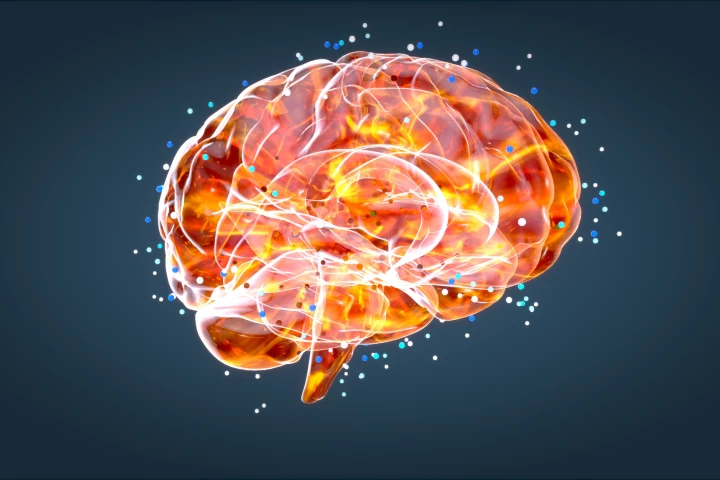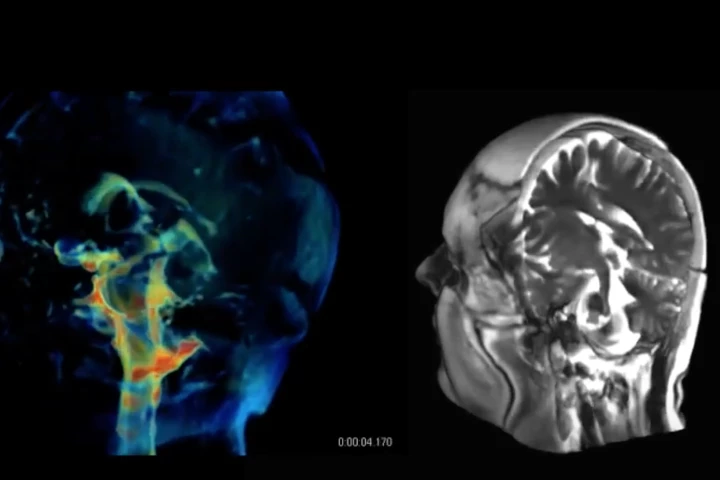MRI
-
Scientists in Israel have demonstrated a promising new technology for early Parkinson's diagnosis, using a variation of MRI to spot tiny, telltale structures forming deep in the brain as the disease progresses.
-
Using machine learning, researchers have developed an algorithm that can accurately diagnose Alzheimer’s disease from a single MRI brain scan. The system can also distinguish early-stage disease from more advanced stages.
-
Tennis players are susceptible to wrist cartilage injuries, which may not even present any symptoms at first. A van-based MRI system was designed with that in mind, as it can spot such injuries right at the tennis court, before they become serious.
-
New research has found the world’s first portable MRI machine can accurately detect ischemic strokes. The machine was authorized by the FDA in 2020 and researchers are increasingly demonstrating it to be as effective a tool as bigger MRI devices.
-
Hundreds of scientists around the globe have shared data to create the world's first brain growth chart. The project incorporated MRI scans from subjects of all ages to offer a unique portrait of how our brains change over the course of a lifetime.
-
One promising possibility for next-gen cancer treatments involves infiltrating tumors with specially-designed particles and heating them up to destroy the cancerous tissue, and new research takes this technology into new terrain.
-
MRI is a powerful diagnostic tool, but the size and cost limits where it can be used. A compact, affordable new MRI system uses a much smaller magnetic field and doesn’t require shielding, and is still able to diagnose brain disorders in patients.
-
The world's first portable MRI machine proved its potential in early trials last year, and a new Yale-led study has built on this success by using it to detect cases of stroke in need of surgical intervention, with a high degree of accuracy.
-
Accumulation of fat around the heart has long been linked to cardiovascular and metabolic disease but until now there hasn’t been a simple way to measure this. A new AI tool has been developed that can quantify these fat deposits from regular MRI images.
-
A new type of imaging tech has detected lung damage not visible on MRI or CT scans in patients suffering from the long-term effects of COVID-19. The technology will help clinicians understand the breathing impairments seen in long COVID.
-
An imaging technique has been developed offering detailed 3D videos of a human brain. The technique offers novel perspectives on the motions of a brain, delivering clinicians a new diagnostic tool and researchers insights into neurological disorders.
-
Ordinarily, if biologists wish to confirm that an animal specimen represents a new species, they have to perform a dissection – essentially destroying it. Now, though, the task has been accomplished non-invasively, using MRI and CT scan technologies.
Load More











